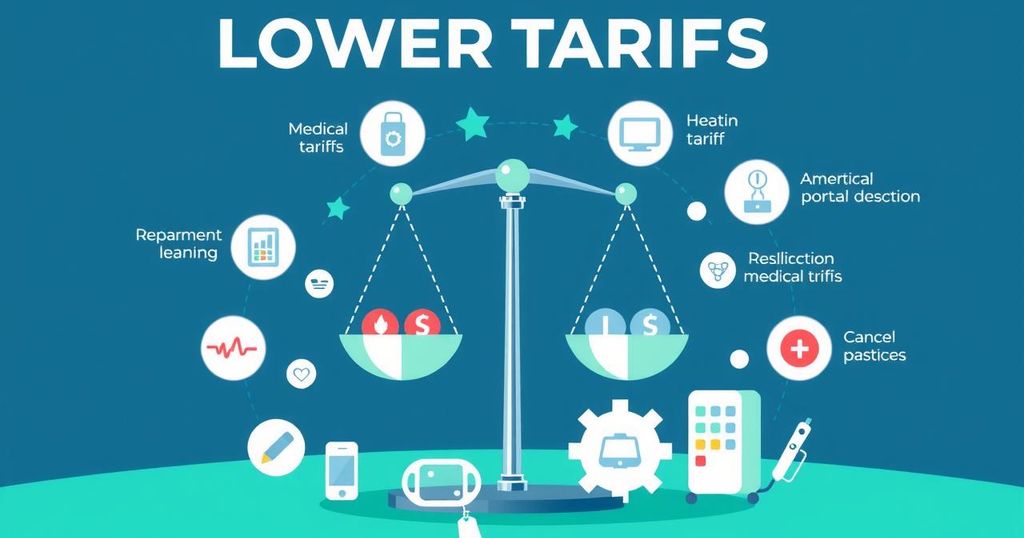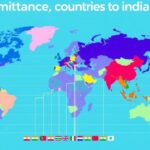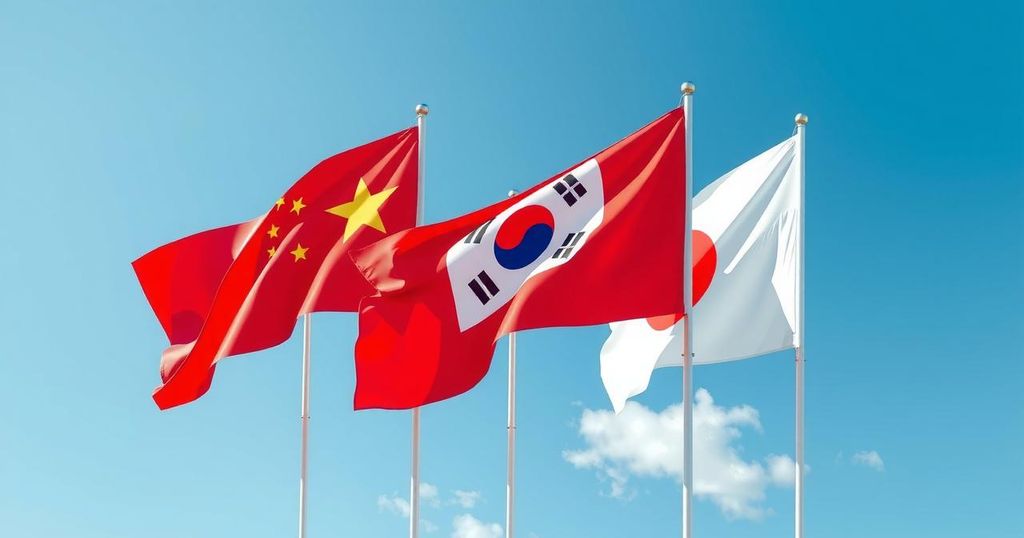Indian Manufacturers Urge Government to Reassess Tariffs on Medical Devices
Indian manufacturers are calling on the government to reconsider tariffs on medical devices as discussions to lower import duties gain momentum. They emphasize the dangers of further reductions to a sector already challenged by low global tariffs. The manufacturers stress the importance of addressing non-tariff barriers and advocate for a balanced approach to regulatory frameworks to strengthen local industry and healthcare security.
Manufacturers in India are urging the government to reevaluate tariffs on medical devices as discussions to reduce import duties are underway. They assert that local medical device manufacturers are already contending with some of the lowest global tariffs, and further cuts could jeopardize their viability.
Rajiv Nath, the forum coordinator of AiMeD, emphasized the importance of reassessing tariff structures in light of ongoing health care security initiatives. He commented on the necessity to address challenges posed by global health crises as India moves toward potentially reducing import tariffs on medical devices from the US.
AiMeD raised concerns about the implications of lowering import duties, citing the country’s current dependence on foreign medical device imports, which exceeds 70%. Manufacturers advocate for a balanced approach that looks beyond tariffs to include non-tariff barriers and regulatory approvals that hinder accessibility to medical devices.
Manufacturers highlighted the significant challenges posed by non-tariff barriers in the US market, including high FDA registration fees and expensive clinical trials. Rajiv Chibber, AiMeD’s joint coordinator, pointed out that these obstacles deter Indian manufacturers from entering the US market, where compliance can be prohibitively costly and time-consuming.
They also referenced global examples, such as the US levying a 50% tariff on syringes from China and 25% tariffs on PPE, arguing for similar protective measures in India. Such tariffs, they assert, would help secure the medical device supply chain in anticipation of future public health emergencies.
Nath concluded by stressing that healthcare security should be a national priority and that India must promote a diversified and resilient medical device manufacturing sector. By maintaining a balanced approach in tariff policies and regulatory frameworks, India can enhance its role in the global medical device market, ensuring health security while reducing dependency on imports.
In summary, Indian manufacturers are pressing for a review of medical device tariffs amidst discussions of tariff reductions. They assert that further reductions could harm local manufacturing. The focus must shift to non-tariff barriers that are currently impeding market access. By adopting a balanced approach towards tariffs and regulations, India can foster a robust manufacturing sector and secure its healthcare needs against global uncertainties.
Original Source: www.hindustantimes.com








Post Comment